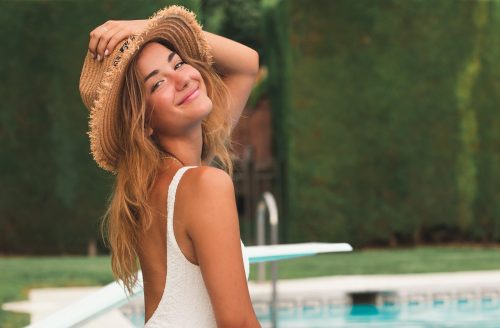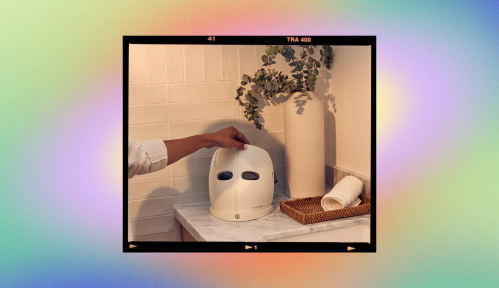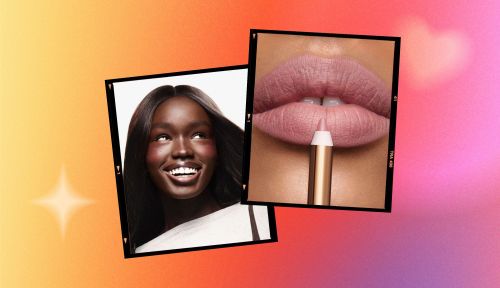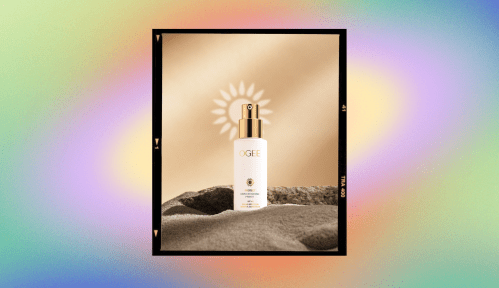Our editors independently select these products. Making a purchase through our links may earn Well+Good a commission
‘I’m a Dermatologist, and These Are the Expensive Hydrating Serums That Are Actually Worth It’
A dermatologist reveals the best expensive hydrating serums that are totally worth their luxury price tags.
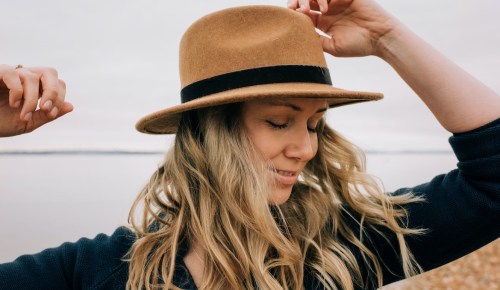
Moisture-boosting ingredients are typically a key selling point in our skin-care products. It’s not just because we want our skin to feel soft and look bouncy (though, that is always nice), but it’s also because dehydration can cause more severe problems down the line, from acne to visible signs of aging. The solution? A hydrating serum to rescue your skin from a seriously thirsty nightmare.
No matter what your skin type, chances are your complexion can benefit from a little more hydration than what it’s been getting. “Even those of us with normal skin can certainly become dehydrated,” says Ava Shamban, MD, a board-certified dermatologist in Beverly Hills. She explains that our skin is designed to defend against environmental stressors and keep our bodies at homeostasis, and has millions of pores and follicles to help it do that job. “Because our outer stratum corneum [aka the top-most layer of the skin] has openings that can allow ingredients in and out for both exit and evaporation, when we lose more water in our skin than we take in it can become depleted or dehydrated,” she says.
Dr. Shamban adds that when those intracellular water levels become depleted, our skin can also turn dull, flaky, itchy, sallow, and lackluster. It can also cause dark under-eye circles as well as more visible fine lines and wrinkles. “Both internal and environmental factors are at play,” explains Dr. Shamban. “Those who consume alcohol and caffeine or who are in high altitude or traveling often presumably have bouts of dehydrated skin. Additionally, those who live in dry climates or have higher sun exposure usually have more water losses and higher levels of dehydration than those living in more humid, temperate, or dreary locations.”
To combat or prevent dehydration in the skin, you can always start from the inside out by making sure you’re drinking enough water, getting enough sleep, and eating foods rich in essential acids. But you’ll also want to tweak your skincare routine to make sure your products are doing their thing, too. Though there are plenty of great affordable options on the market, there’s nothing wrong with wanting to try a top-shelf serum when you need to stop dehydration dead in its tracks.
Ingredients to look for in a luxury hydrating serum
The goal of a hydrating serum is to improve your skin’s moisture retention, so Dr. Shamban says to look for formulas that contain polyglutamic acid (PGA), hyaluronic acid, glycerin, and urea, plus acids like ferulic, lactic, citric, and mandelic. All of these ingredients are humectants, meaning that they act like water magnets to draw moisture into the skin and lock it in under the surface.
“Panthenol is a solid humectant too, along with amino acids,” says Dr. Shamban. Additionally, aquaxyl (which is a patented compound of xylitylglucoside, xylitol and anhydroxylitol) “is a great source to work on balancing our internal water ‘reservoirs,’ such as our natural hyaluronic acid and ceramides, while helping the matrix function.” Another one she recommends is saccharide isomerate, which she says is a strong humectant that also acts as an emollient as it replenishes skin. “Aloe is a great, simple natural ingredient for dehydrated skin and it has added benefits of calming and soothing tired or sensitive skin as well,” she says
Keep reading to find out which hydrating serums are worth their higher price points, according to Dr. Shamban.
6 best expensive hydrating serums
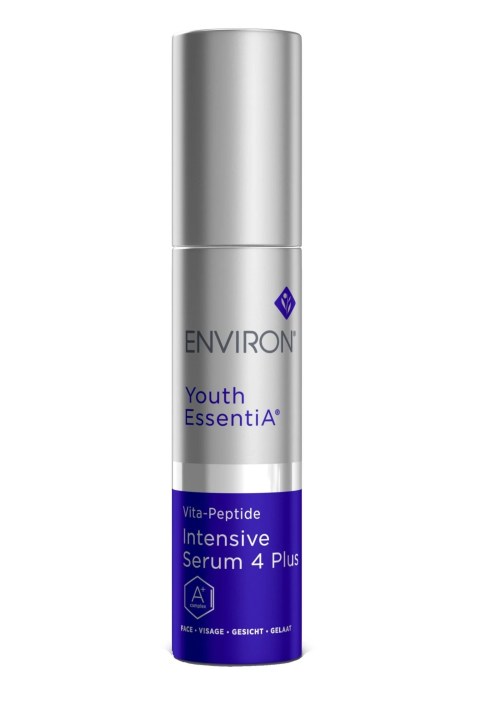
Environ Vita Peptide Intensive 4 Plus — $146.00
Dr. Shamban deems this serum “a winner” due to a powerful combination of peptides and vitamins A, C, and E. “It also features lactic acid, urea combined with jojoba, and ceramides in a thin formulation,” she says. This combination helps transport hydration and nutrition while soothing, smoothing, and strengthening the skin barrier—and never feels heavy or goopy in the process.
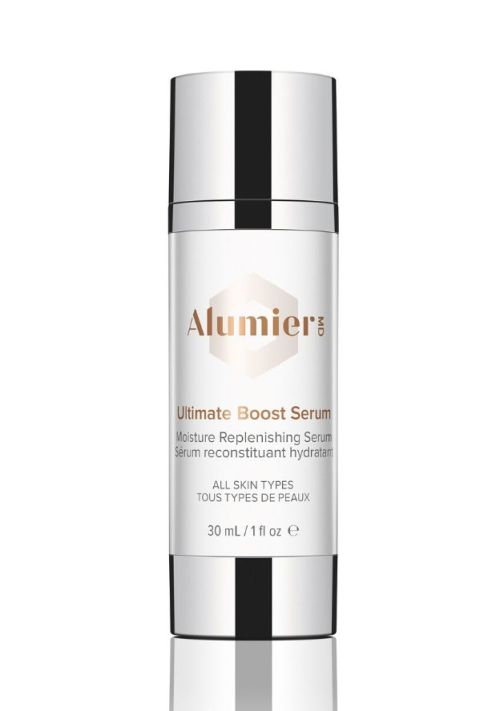
Alumier MD Ultimate Boost Moisture Replenishing Serum — $95.00
Dr. Shamban loves this serum because it’s a lightweight moisture and hydration booster with ingredients like glycol, glycerin, green tea, honey, and sodium hyaluronate. Together, these ingredients fortify the skin barrier while also enhancing brightness.
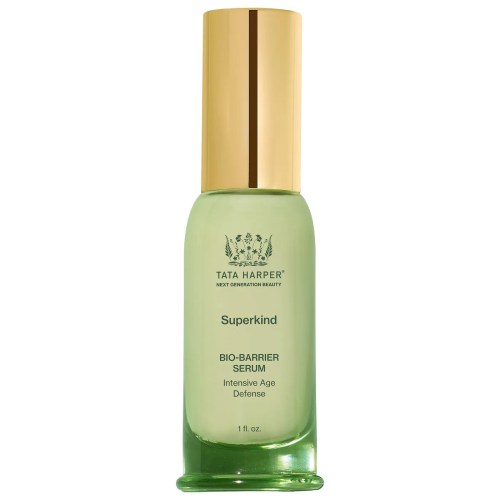
Tata Harper Superkind Bio-Barrier Serum — $146.00
Dr. Shamban points out that this serum from Tata Harper contains a blend of calming, hydrating, and lipid-rich ingredients to support hydration and barrier function. “The winner here is probably that it incorporates a high level of propanediol that is actually even better than the glycols and combined well with glycerin,” she says. “Again, the glyceryl gang does its job with calendula, sunflower, and shea butter as super soothing.”
Another callout is the presence of vitamin F, which Dr. Shamban says is very soothing for skin conditions like seborrhoeic dermatitis. “Interestingly, it has a lactobacillus ferment, an aqueous product that helps to introduce antimicrobial peptides. This is more than just a hydrating serum; it is a more well-rounded serum that has a secondary purpose and function,” she says.
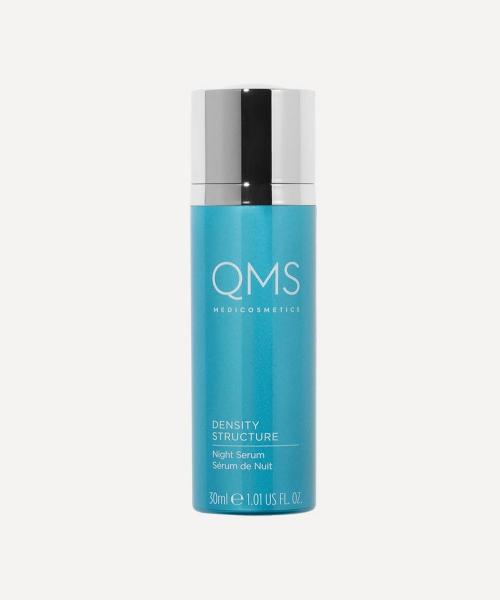
QMS Density Structure Night Serum — $250.00
According to Dr. Shamban, this QMS serum features a “nice balance of emollients, humectants, and hydrators to boost moisture levels and keep skin plump.” It also has a good range of glyceryl, which keeps skin soft; sodium hyaluronate, which helps with moisturizing and fights aging signs; and skin barrier-strengthening glycoproteins. “The linoleic acid and citric acid are great in tandem,” she adds.
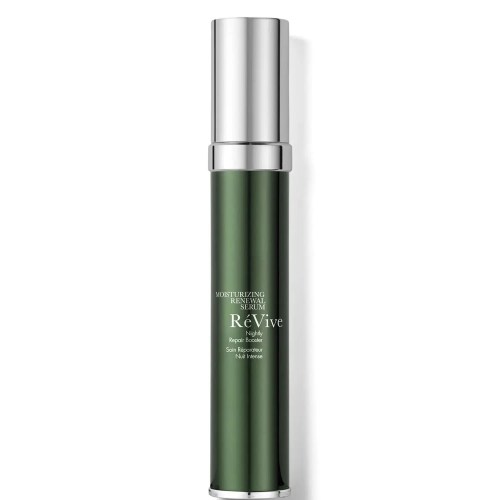
RéVive Moisturizing Renewal Serum — $235.00
When it comes to this option from RéVive, Dr. Shamban finds the use of bananas particularly interesting, as they are rich in potassium and B-vitamins (panthenol) and help to protect and correct dehydration in their own way. The serum also contains vitamin E, a good blend of key oils (namely sunflower, jojoba, and squalane), and coffee arabica, which is packed with essential fatty acids and antioxidants. “
“A bonus here is arachidyl glucoside, which helps to limit transepidermal water loss,” says Dr. Shamban, explaining that the ingredient is a smoothing emollient that helps to trap water under the skin’s surface. Mango is another callout, as it has great vitamins and helps with enzymes for cell turnover. “This overall is a good solid hydrator and humectant serum that emulsifies for helping to keep softness and supple skin, and also has good ingredients for barrier function,” she says.
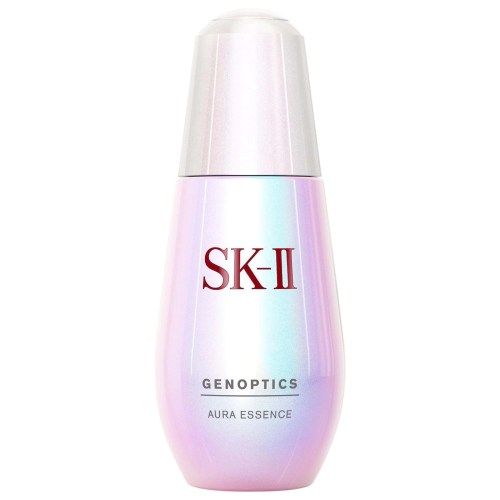
SK-II GenOptics Aura Essence Serum — $245.00
Dr. Shamban points out that SK-II seems to be as much brightening and lightening as it is about hydration. “Niacinamide and Pitera are good for soothing and moisturizing, but also serve to brighten, and gently exfoliate, more of a multi-tasker like allantoin,” she says. “Panthenol, butylene glycol, pentylene glycol, and glycerin are all good for keeping skin moisture high.”
For more tips on how to keep your skin extra-hydrated this winter, check out the video below.
Want even more beauty intel from our editors? Follow our Fine Print Instagram account for must-know tips and tricks.
Sign up for the Well+Good SHOP Newsletter
Get exclusive deals on wellness, beauty, fitness, and food products that have been hand-picked by our editors.
Got it, you've been added to our email list.
